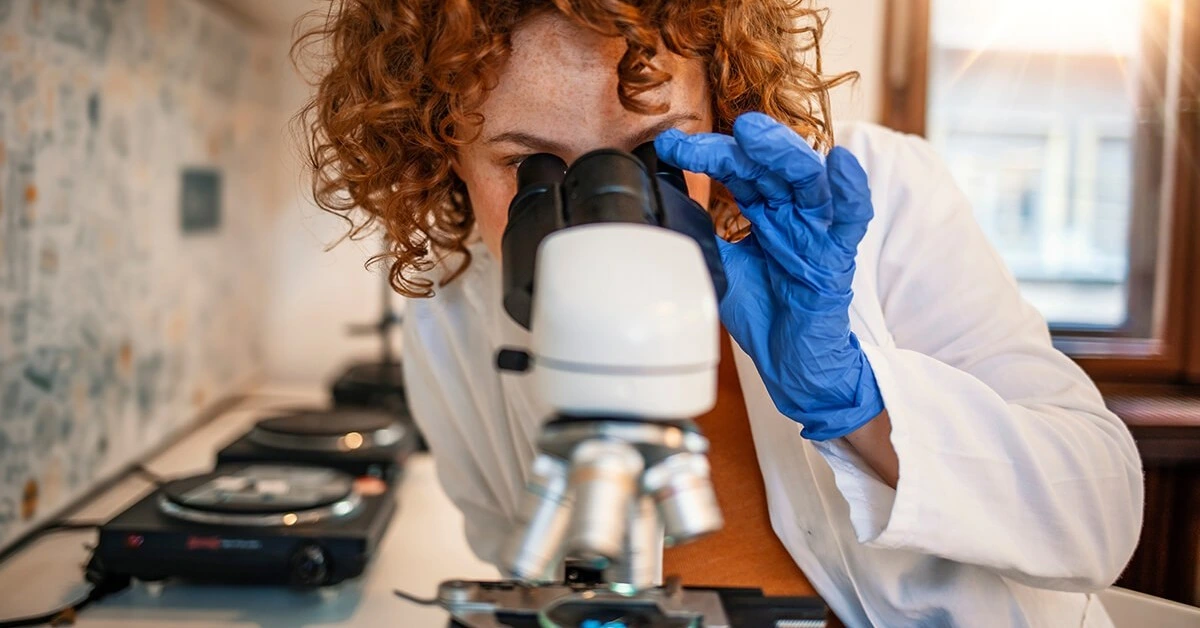
FRANCE – Owkin has introduced ATLANTIS, an AI-driven patient data discovery program designed to analyze complex medical information, including imaging, genomics, and clinical records.
This initiative is aimed at accelerating medical research by unlocking access to multimodal patient data across seven countries.
Launched in September 2024, ATLANTIS is set to map 11 therapeutic areas by May 2025, encompassing oncology, immunology & inflammation, and neurology.
This ambitious project seeks to dismantle data silos, enabling deeper insights and fostering international collaboration in the pursuit of biomedical breakthroughs.
The program spans multiple oncology indications, including non-small cell lung cancer (NSCLC), head and neck squamous cell carcinoma (HNSCC), breast cancer, prostate cancer, ovarian cancer, pancreatic cancer, and multiple myeloma (MM).
In immunology & inflammation, it covers ulcerative colitis (UC), Crohn’s disease (CD), and systemic lupus erythematosus (SLE). Additionally, Alzheimer’s disease (AD) is included under neurology.
ATLANTIS brings together 20 leading healthcare institutions from France, Germany, Israel, Italy, Spain, the UK, and the US.
These institutions will collaborate to optimize their multimodal data for AI research, enhancing their capabilities to drive medical breakthroughs.
Agathe Arlotti, Senior Vice President of Partnerships at Owkin, emphasized the program’s commitment to fostering collaboration between data scientists and patient data.
“By combining our AI expertise with leading healthcare partners, we are creating a patient data network that pushes the boundaries of biomedical research,” she stated. “Together, we are fueling breakthroughs for patients.”
The data discovered through ATLANTIS will power Owkin K, Owkin’s software platform, which utilizes AI agents to decode complex biology, accelerate research, and automate processes to increase productivity in drug discovery and development.
Owkin K’s capabilities include AI-driven scheduling of medical appointments, procurement of clinical documentation, clinical coding automation, revenue cycle management, and radiology interpretation. .”
Advancing drug discovery with AI
The data it generates could accelerate AI-driven drug development, much like Owkin’s recent success with OKN4395, an AI-designed cancer drug currently in Phase I trials.
Last month, Owkin also announced a partnership with Absci, another generative AI firm, to fast-track the discovery of new therapeutics.
XRP HEALTHCARE L.L.C | License Number: 2312867.01 | Dubai | © Copyright 2025 | All Rights Reserved